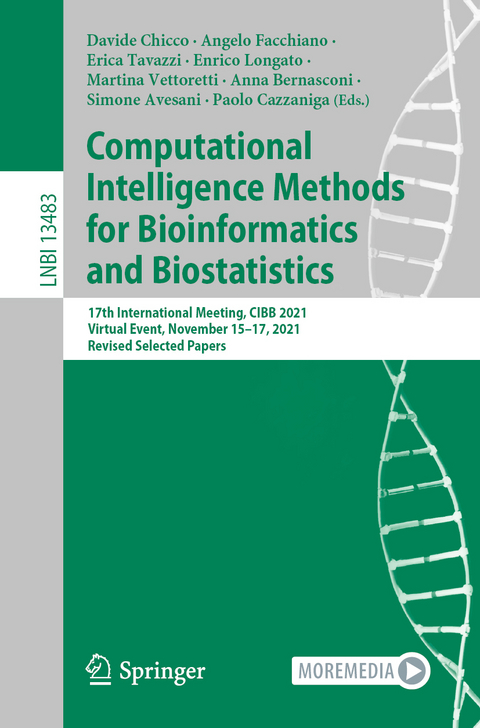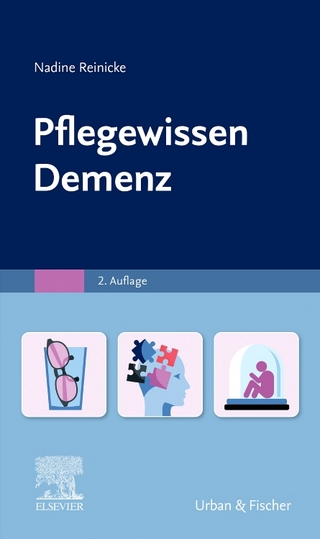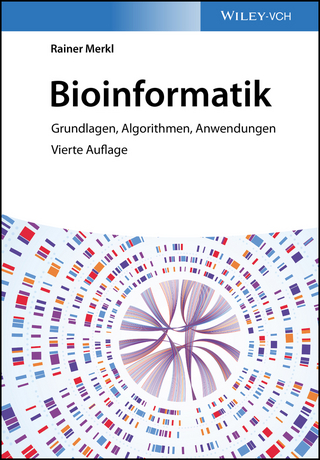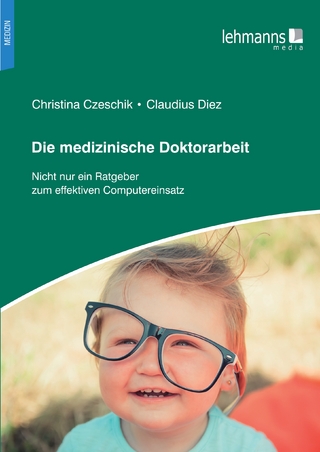
Computational Intelligence Methods for Bioinformatics and Biostatistics
Springer International Publishing (Verlag)
978-3-031-20836-2 (ISBN)
This book constitutes revised selected papers from the 17th International Meeting on Computational Intelligence Methods for Bioinformatics and Biostatistics, CIBB 2021, which was held virtually during November 15-17, 2021.
The 19 papers included in these proceedings were carefully reviewed and selected from 26 submissions, and they focus on bioinformatics, computational biology, health informatics, cheminformatics, biotechnology, biostatistics, and biomedical imaging.Chemical Neural Networks and Synthetic Cell Biotechnology: Preludes to Chemical AI.- Development of Bayesian network for multiple sclerosis risk factor interaction analysis.- Real-Time Automatic Plankton Detection, Tracking and Classification on Raw Hologram.- The first in-silico model of leg movement activity during sleep.- Transfer learning and magnetic resonance imaging techniques for deep neural network-based diagnosis of early cognitive decline and dementia.- Improving bacterial sRNA identification by combining genomic context and sequence-derived features.- High-dimensional multi-trait GWAS by reverse prediction of genotypes using machine learning methods.- A Non-Negative Matrix Tri-Factorization based Method for Predicting Antitumor Drug Sensitivity.- A Rule-based Approach for Generating Synthetic Biological Pathways.- Machine Learning Classifiers based on Dimensionality Reduction Techniques for the Early Diagnosis of Alzheimer's Disease using Magnetic Resonance Imaging and Positron Emission Tomography Brain Data.- Text Mining Enhancements for Image Recognition of Gene Names and Gene Relations.- Sentence Classification to Detect Tables for Helping Extraction of Regulatory Interactions in Bacteria.- RF-Isolation: a Novel Representation of Structural Connectivity Networks for Multiple Sclerosis Classification.- Summarizing Global SARS-CoV-2 Geographical Spread by Phylogenetic Multitype Branching Models.- Explainable AI Models for COVID-19 Diagnosis using CT-Scan Images and Clinical Data.- The need of standardised metadata to encode causal relationships: Towards safer data-driven machine learning biological solutions.- Deep Recurrent Neural Networks for the Generation of Synthetic Coronavirus Spike Protein Sequences.- Recent Dimensionality Reduction Techniques for High-Dimensional COVID-19 Data.- Soft brain ageing indicators based on light-weight LeNet-like neural networks and localized 2D brain age biomarkers.
| Erscheinungsdatum | 27.11.2022 |
|---|---|
| Reihe/Serie | Lecture Notes in Bioinformatics | Lecture Notes in Computer Science |
| Zusatzinfo | XV, 253 p. 95 illus., 76 illus. in color. |
| Verlagsort | Cham |
| Sprache | englisch |
| Maße | 155 x 235 mm |
| Gewicht | 416 g |
| Themenwelt | Informatik ► Weitere Themen ► Bioinformatik |
| Naturwissenschaften ► Biologie | |
| Schlagworte | Artificial Intelligence • Bioinformatics • Biostatistics • computational and systems biology • Computational Biology • Computer Networks • Computer systems • computer vision • Correlation Analysis • Data Mining • Education • evolutionary algorithms • Image Analysis • Image Processing • Image Segmentation • learning • machine learning • Modeling and Simulation • Neural networks • pattern recognition • Signal Processing • systems biology |
| ISBN-10 | 3-031-20836-6 / 3031208366 |
| ISBN-13 | 978-3-031-20836-2 / 9783031208362 |
| Zustand | Neuware |
| Haben Sie eine Frage zum Produkt? |
aus dem Bereich


